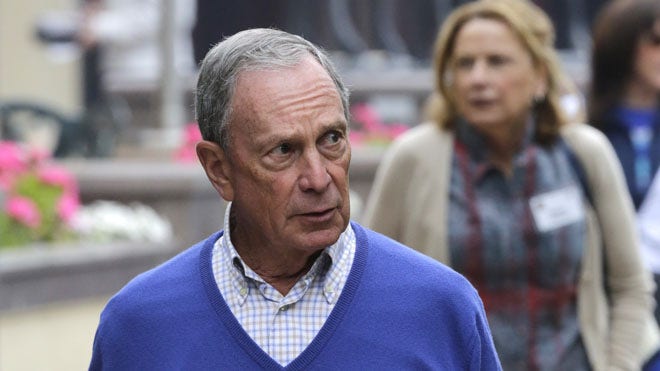ObamaCare's chickens come home to roost.
Talk about being between a rock and a hard place. The Obama administration and its allies in Congress are faced with the challenge of trying to convince Americans there are wide-ranging benefits to their 2010 takeover of our nation's health-care system, while at the same time working to delay it so as to minimize the negative consequences before the 2014 elections.
 The last thing congressional Democrats want is a repeat of the drubbing their party took in 2010, courtesy of the ObamaCare backlash. But recent events have put ObamaCare and its outcomes front and center, adding to a growing fear on the left that Republicans not only will hold the House but could take the Senate.
The last thing congressional Democrats want is a repeat of the drubbing their party took in 2010, courtesy of the ObamaCare backlash. But recent events have put ObamaCare and its outcomes front and center, adding to a growing fear on the left that Republicans not only will hold the House but could take the Senate.
Voters anxious for job growth cannot help but notice recent discussions about the law's detrimental effect on employment.The employer mandate, which requires entities with at least 50 full-time employees to provide costly federally approved insurance, acts as an incentive to keep payrolls at 49 or fewer or move workers to part-time status. The administration apparently agrees, as it announced it is postponing the start of the employer mandate by one year, to 2015. Even casual observers of the electoral calendar may note that's on the other side of the midterms.
Leaving aside for a moment whether it is legal for an administration simply to decree that a law won't be enforced until next year, such action keeps ObamaCare in the news. Earlier this month the House passed legislation that would make it legal to delay the employer mandate. The House passed another bill to delay the individual mandate by a year, with the logic that individuals and families deserve the same break busineses are getting. Both bills will languish in the Senate, but they have led to the rather odd situation of the president actually vowing to veto legislation that would put his extralegal action on solid footing.
 WASHINGTON – New York Mayor Michael Bloomberg is losing part of his arsenal of local leaders as more and more long-time members of his gun-control group Mayors Against Illegal Guns say they aren’t happy with the coalition’s trajectory and want out.
WASHINGTON – New York Mayor Michael Bloomberg is losing part of his arsenal of local leaders as more and more long-time members of his gun-control group Mayors Against Illegal Guns say they aren’t happy with the coalition’s trajectory and want out.
 “I told them, ‘You’re Mayors Against Illegal Guns; you’re not mayors for gun control.’”
“I told them, ‘You’re Mayors Against Illegal Guns; you’re not mayors for gun control.’”
 “I told them, ‘You’re Mayors Against Illegal Guns; you’re not mayors for gun control.’”
“I told them, ‘You’re Mayors Against Illegal Guns; you’re not mayors for gun control.’”